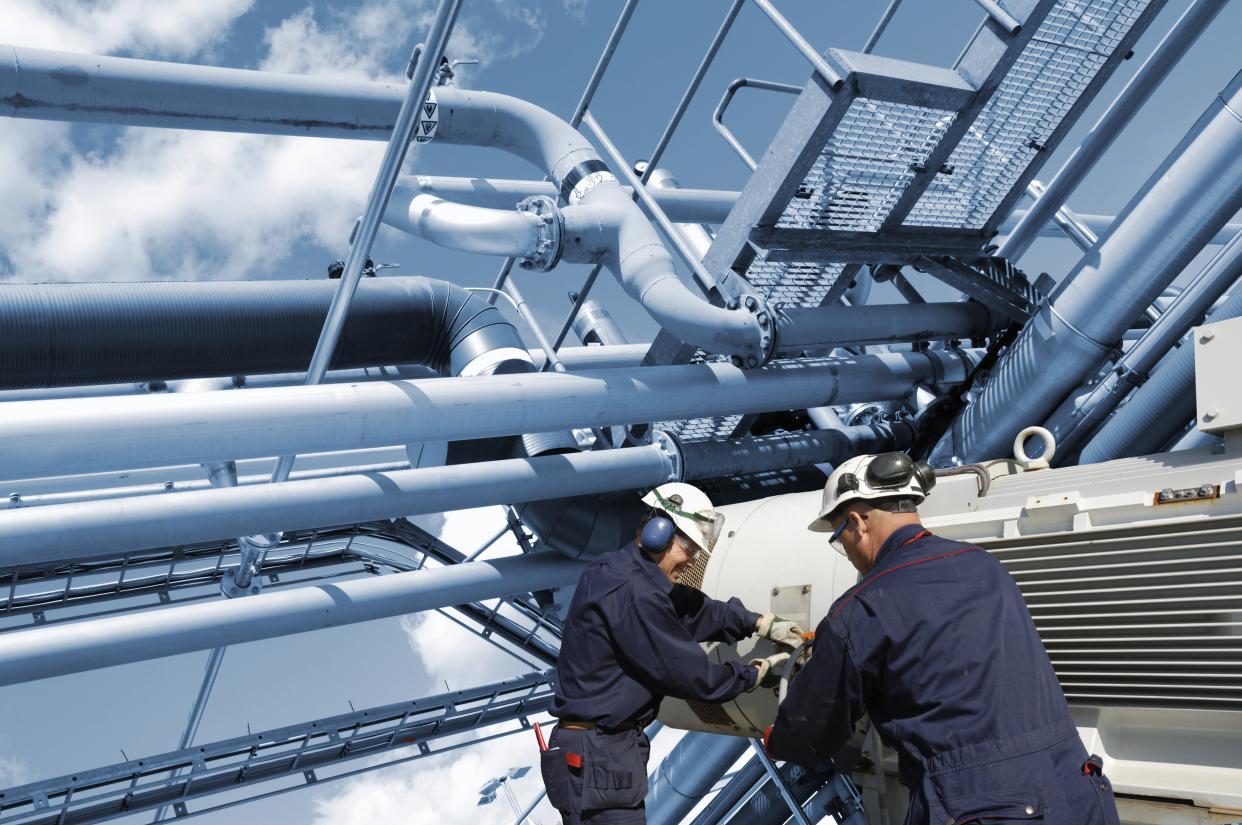Oil hits US$5. Why pumps will stay open if prices turn negative

A barrel of Canadian oil is now worth less than a nice latte or a fast food combo, falling to about US$5 on Friday. With no relief in sight from the impacts of COVID-19 and the Saudi-Russian oil war, negative prices could be on the horizon.
Western Canadian Select (WCS) crude, the main grade produced in Canada’s energy patch, fell to a record low of US$5.03 on Friday, according to Bloomberg data going back to 2008. The steep decline has energy experts considering another unpleasant rarity for oil.
“There is no reason to think that oil prices couldn’t go negative for a period of time,” Raymond James analyst Jeremy McCrea told Yahoo Finance Canada. “I would have never considered it before. But in the current context, it’s not out of the realm of possibilities now.”
The cost of shipping for some heavy crude producers already outweighs the commodity price.
Meanwhile, production isn’t expected to slow down much. While 2020 spending expectations for North American exploration and production companies have fallen more than 20 per cent amid the historic downturn for oil prices, production expectations have only been reduced by two percent. That’s because shutting in production is a costly decision that cannot be quickly reversed.
“The big guys who supply a lot of this heavy oil, a lot of that is in SAGD-type operations. It can take years to reheat the reservoirs. You can’t shut these things down immediately. You will continue to have this production flow,” McCrea said. “You could get to a point where you do see negative prices.”
Hedges could protect producers in the near-term. That could, however, encourage them to pump when they should be cutting back to fall in line with weaker demand.
Price Street managing director and market economist Rory Johnston expects the high cost of turning off the taps could see companies choose to continue producing and weather negative prices for a time.
“You’re going to have this period where people are trying to figure out how long these prices are going to last, and only if they are considered to last a sufficiently long period of time will the costs of producing during that period outweigh the cost of shut-ins,” he told Yahoo Finance Canada.
Johnston added margins are already negative for many producers when the commodity price is this low.
“Even if it’s not negative outright prices, it’s effectively a negative margin for them.” he said.
Jeff Lagerquist is a senior reporter at Yahoo Finance Canada. Follow him on Twitter @jefflagerquist.
Download the Yahoo Finance app, available for Apple and Android.



